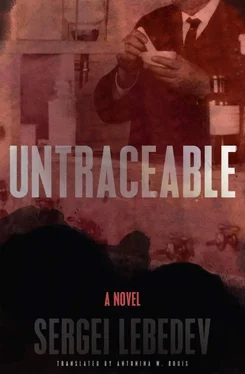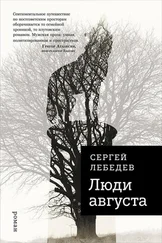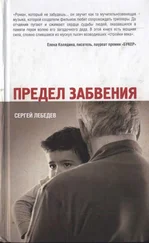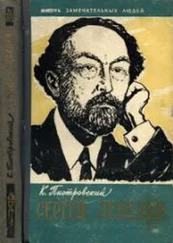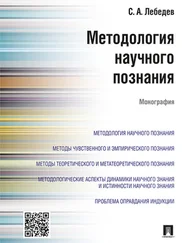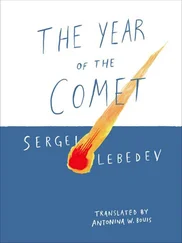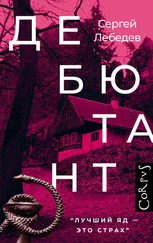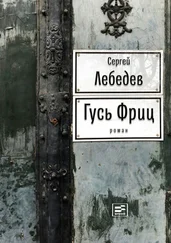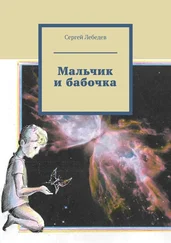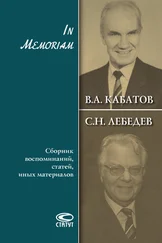Сергей Лебедев - Untraceable
Здесь есть возможность читать онлайн «Сергей Лебедев - Untraceable» весь текст электронной книги совершенно бесплатно (целиком полную версию без сокращений). В некоторых случаях можно слушать аудио, скачать через торрент в формате fb2 и присутствует краткое содержание. Город: New York, Год выпуска: 2021, ISBN: 2021, Издательство: New Vessel Press, Жанр: Современная проза, на английском языке. Описание произведения, (предисловие) а так же отзывы посетителей доступны на портале библиотеки ЛибКат.
- Название:Untraceable
- Автор:
- Издательство:New Vessel Press
- Жанр:
- Год:2021
- Город:New York
- ISBN:978-1-939931-90-0
- Рейтинг книги:3 / 5. Голосов: 1
-
Избранное:Добавить в избранное
- Отзывы:
-
Ваша оценка:
- 60
- 1
- 2
- 3
- 4
- 5
Untraceable: краткое содержание, описание и аннотация
Предлагаем к чтению аннотацию, описание, краткое содержание или предисловие (зависит от того, что написал сам автор книги «Untraceable»). Если вы не нашли необходимую информацию о книге — напишите в комментариях, мы постараемся отыскать её.
Untraceable — читать онлайн бесплатно полную книгу (весь текст) целиком
Ниже представлен текст книги, разбитый по страницам. Система сохранения места последней прочитанной страницы, позволяет с удобством читать онлайн бесплатно книгу «Untraceable», без необходимости каждый раз заново искать на чём Вы остановились. Поставьте закладку, и сможете в любой момент перейти на страницу, на которой закончили чтение.
Интервал:
Закладка:
Sergei Lebedev
UNTRACEABLE
Homunculus(From the phial, to Wagner.)
Now, father! That was no joke. How are you?
Come: press me tenderly to your heart, too!
But not too hard, the glass may be too thin.
It’s in the very nature of the thing:
For the natural the world has barely space:
What’s artificial commands a narrow place.
(To Mephistopheles.)
But you, Rascal, my dear Cousin, are you
Here at the right moment? I thank you, too.
Good fortune’s led you here to me:
Since I exist, I must be doing, you see.
I’d like to begin my work today:
You’re skillful at shortening the way.


CHAPTER 1
Vyrin had grown accustomed to the muted, prolonged ailments that accompanied the approach of old age. But he felt the aches and pains more acutely in summer than in any other season. They ripened and gathered strength by late August, the anniversary of his defection, tormenting his joints, vessels, and eyeballs—only to vanish with ease in early fall, when the heat abated and the barometer calmed down.
Maybe this was the death sentence given me in absentia, he joked to himself, his lips tasting the wormwood of death postponed.
“Or is my body taking its revenge?” he thought. “Revenge for the new face created by the plastic surgeon? The scars and birth-marks lasered away? Does it remember and prepare its revenge on the anniversary of my defection?”
He had persistent conjunctivitis from the contact lenses that altered his eye color. His legs ached from the lifts in his shoes. His hair was brittle from the dye. Being someone else entailed intensive daily labor. He couldn’t get used to it.
Formally, the previous person no longer existed. There was another one now. A foundling, a changeling, with a biography created by masters of lies and transformations.
A different language. Different habits. Even his dreams were different. A different memory that seemed to have subsumed the old one.
The new identity fit him like a prosthetic device; seldom did it feel like a natural part of him.
His body, redrawn by a scalpel, remembered—the visceral memory of guts, liver, and kidneys, where the by-products of existence settle and crystalize, like gallstones and kidney stones. It resisted, even though there was no returning to the past for Vyrin; the banal and metaphorical sentence had a direct juridical force as well.
He learned not to suppress but to value and observe sympathetically the stubbornness of aging flesh, denying the fake, imposed sacrament of second birth. Body, you are the only thing I have left, he would sometimes say with a strange adolescent tenderness. His body truly was the only material evidence that he had once been someone else.
There was other evidence, which he could not access or control. A paper ghost. A spare duplicate of his life. An archival I that ordinary people did not possess.
An officer’s personnel file.
The extract and essence of his previous self. Not yet a defector. Not yet a traitor.
A light-blue cardboard file. 225 x 330 x 25 mm. Even those dimensions are secret.
Photo ID. File. Autobiography. Employment report. Non-disclosure agreement. Special profiling. Endurance test: three-kilometer cross-country run. Character assessments: documents, documents, documents.
He knew that after his defection an order was promulgated, labeled Top Secret with two zeroes as the number of the case document and headed: “On Measures in Connection with A. V. Vyrin’s Treason.” He had heard such orders read out in the Secretariat—about other men. All the same, as if written on carbon paper. “Ideological transformation. Moral collapse. Take measures to localize the consequences of treason.” Only the names of the people to be punished were changed: personnel officers, heads of education departments, heads of subdepartments who had not shown adequate diligence and had not recognized a potential traitor in time.
But he knew that in his case the public reprimands were for naught. He had served the system with more loyalty than the others. And he was more frightened than the others when the country began falling apart and it looked as if the system would collapse with it.
Vyrin told himself that almost three decades had now passed and the information he had revealed, the agents he had disclosed, were no longer important. The agents would have been burned anyway; someone else would have given them away if not I. I managed to sell them in time, like currency that would soon drop in value catastrophically; another year or two and who would need, say, information on agents among anti-Soviet émigrés or in the ranks of European communist parties? If the USSR itself no longer existed?
Reasoning rationally, Vyrin thought he was relatively safe. But back beyond the border of his homeland, which he could not cross, his personnel file was like a voodoo doll into which the priest could stick his deadly needles at any moment.
That is why he occasionally felt unexplained anxiety, examining arms, belly, neck, and face for unusual rashes, papillomas, those strange signs that prophetic nature sometimes sends people. During those moments he felt there was a vague, fatal connection between flesh and paper; that the document remaining in the archives could sense and therefore knew more than what was written on it, that it had a one-dimensional soul of a fury that could only seek and avenge.
Paper wants blood, he would whisper as he recalled how he was given heavy cardboard files: notes on operational surveillance, notes on operational resolution. Back then he was the beater who drove the prey, not the wild game being hunted. He dealt with people who were exiled, fled, or moved to the West. They left, but their files remained in the archives; if necessary, the files were retrieved or raised—they had this expression in the service, “raising out of the archives.”
Out of the cellar. Out of the depths. From the bottom.
The case files had everything. Thousands of pages. Transcripts of telephone conversations. Agent communications. Surveillance reports. “In the morning the subject did not leave the house and was not visited by persons known to intelligence. At 16:05 a car drove into the building courtyard…” “At 10:05 the subject left the building for the bakery, where he bought a loaf of white bread.”
The pale letters—the typewriter ribbon was worn—seemed to reflect the weakness and anemia of those under surveillance. He remembered thousands of such lines. Their ordinariness used to serve as an aphrodisiac; a visual embodiment of the power of their agency and the insignificance of its domestic enemies—bugs, insects under a loupe.
Now with a new life in a free country, he thought that what he had been reading was a novel by a paranoid author, a text of texts written by a mad state machine of memory. A novel that pursued the extreme aim of capturing life in its entirety and creating a copy for the police.
The state, however, is always a Cyclops; its gaze is not stereoscopic, it is one-sided. It sees only murky signs of loyalty and disloyalty. Reflections of prior suspicions that take illusory form in random events. Therefore a dossier, he thought, is not a duplicate of life. It is a special, dark, truncated twin, fabricated from denunciations, stolen, eavesdropped words, covertly observed scenes; the source of the secret, evil power comprising the ability to tear off the protective covers of quotidian life.
Читать дальшеИнтервал:
Закладка:
Похожие книги на «Untraceable»
Представляем Вашему вниманию похожие книги на «Untraceable» списком для выбора. Мы отобрали схожую по названию и смыслу литературу в надежде предоставить читателям больше вариантов отыскать новые, интересные, ещё непрочитанные произведения.
Обсуждение, отзывы о книге «Untraceable» и просто собственные мнения читателей. Оставьте ваши комментарии, напишите, что Вы думаете о произведении, его смысле или главных героях. Укажите что конкретно понравилось, а что нет, и почему Вы так считаете.
